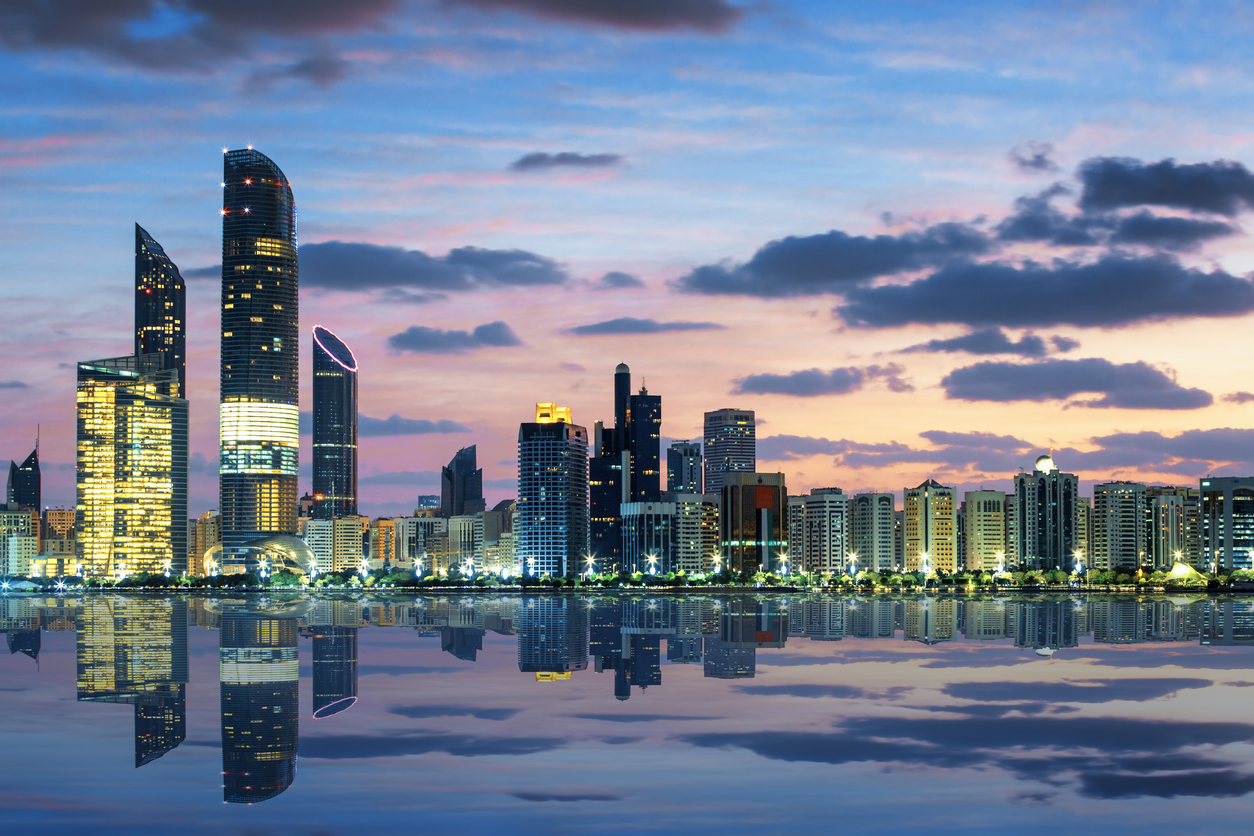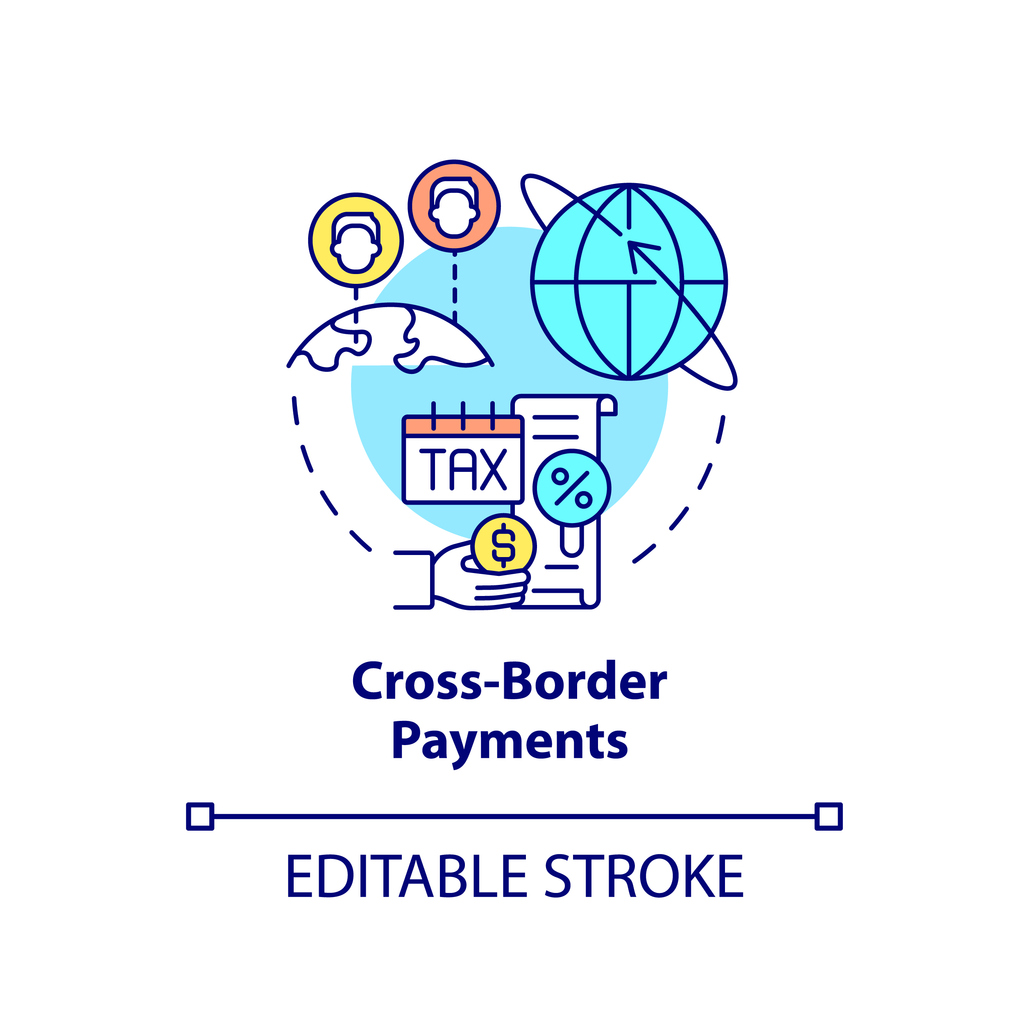How to Export Scrap Lead From Nigeria Easily
How to Export Scrap Lead From Nigeria Easily
Scrap lead is a potentially hazardous material. A lot of scrap lead in Nigeria is being exported to China without the proper safety equipment. This can be dangerous for the environment and for the people in Nigeria. Scrap metal, which includes lead, is being targeted by thieves in Nigeria because it’s valuable and easy to carry. The government has taken some steps to try to stop this but they need more support from everyone else too! Here are some ways that you can help make sure scrap lead stays safe in Nigeria.
What Is Scrap Lead?
Scrap lead is a metal that has been taken apart and is no longer useful for the purpose it was intended. It can be found in a variety of places, from old batteries to old cars. When lead is recycled, it can be reused to make new products, such as pipes and sheets of lead.
Lead is a hazardous material because it has been found to cause serious health problems, such as brain damage and learning disabilities, as well as increasing the risk for developmental delays.
You may be surprised to know that scrap lead is a major export from Nigeria to China. Every year, about 300 tons of scrap lead leaves Nigeria. This is a problem because the export regulations don’t require that people handling scrap lead wear any sort of protective gear, which can lead to health problems for those who live near the export site.
Lead is stolen from old cars and other scrap metal in Nigeria. Thieves find these items valuable because they’re easy to sell and carry. But they also pose a risk to the environment and people living near the export sites.
The government is taking some steps to stop this, but we need more support from everyone else too! Here are some ways you can help:
-To prevent your car
Why is export of scrap lead dangerous?
Lead is a toxic metal, which can release heavy metals into the air and soil. Lead is present in many things, including paint, bricks, and plastic. It’s more of a hazard in Nigeria because people are not able to protect themselves from lead dust like they would in China.
The government is trying to stop the export of scrap lead but they need more help. Some methods they are using are to identifying this type of scrap metal on site and marking it with a warning sign. If it’s exported illegally, the exporter will be fined.
Scrap lead can also be dangerous for the environment because it can get into food or water sources.
The best way to help stop the export of scrap lead is to recycle what you have at home. Recycle your metal with your neighbors or at your local recycling center. If you see someone exporting scrap lead illegally, you can report them to the government.
What are the dangers of exporting scrap lead?
Exporting scrap metal without the right safety equipment can be harmful to the environment and to people in Nigeria. The lead can be dangerous to the environment because it’s not biodegradable. It will just sit in the ground and continue to release lead for years.
Exporting scrap lead can also be dangerous for people in Nigeria because there is no way to make sure all of it is safe. Just like people in the United States, people in Nigeria are at risk of getting lead poisoning if they come into contact with it.
The government of Nigeria has taken some steps to try to stop this but they need more support from everyone else too. You can help by making sure you don’t export scrap lead without safety equipment. You can also help by making sure that you tell your friends and family not to export scrap lead without safety equipment.
If you want to learn more about what you can do to help, please visit scraplead-nigeria.com.
How can you stop this from happening?
The government has been trying to take steps to stop the export of scrap lead from Nigeria. But they need more support from everyone else too.
Lead is a hazardous material and can be dangerous for the environment and people in Nigeria. Thieves are targeting scrap metal, which includes lead, because it’s valuable and easy to carry.
You can help by being aware of what you’re recycling. Check with your city or state to make sure they recycle lead safely. Avoid buying items that contain lead, like toys or jewelry. You could also help by donating money or volunteering at a non-profit organization that helps people who don’t have enough food, clean water, or shelter. This will help those people who may be tempted to steal scrap metal for a living.
Conclusion
There are many ways that you can help make sure that scrap lead stays safe in Nigeria. If you work for a company that buys lead, you can refuse to buy any more until the government can secure the lead. If you’re a company that exports scrap lead, you can offer to use a company in Nigeria for exporting instead of China. You can also offer to fund and provide equipment for the Nigerian government to do their own exporting.
Regardless of who you are, there are lots of ways you can help make sure scrap lead stays safe in Nigeria.







LEAVE A COMMENT
You must be logged in to post a comment.